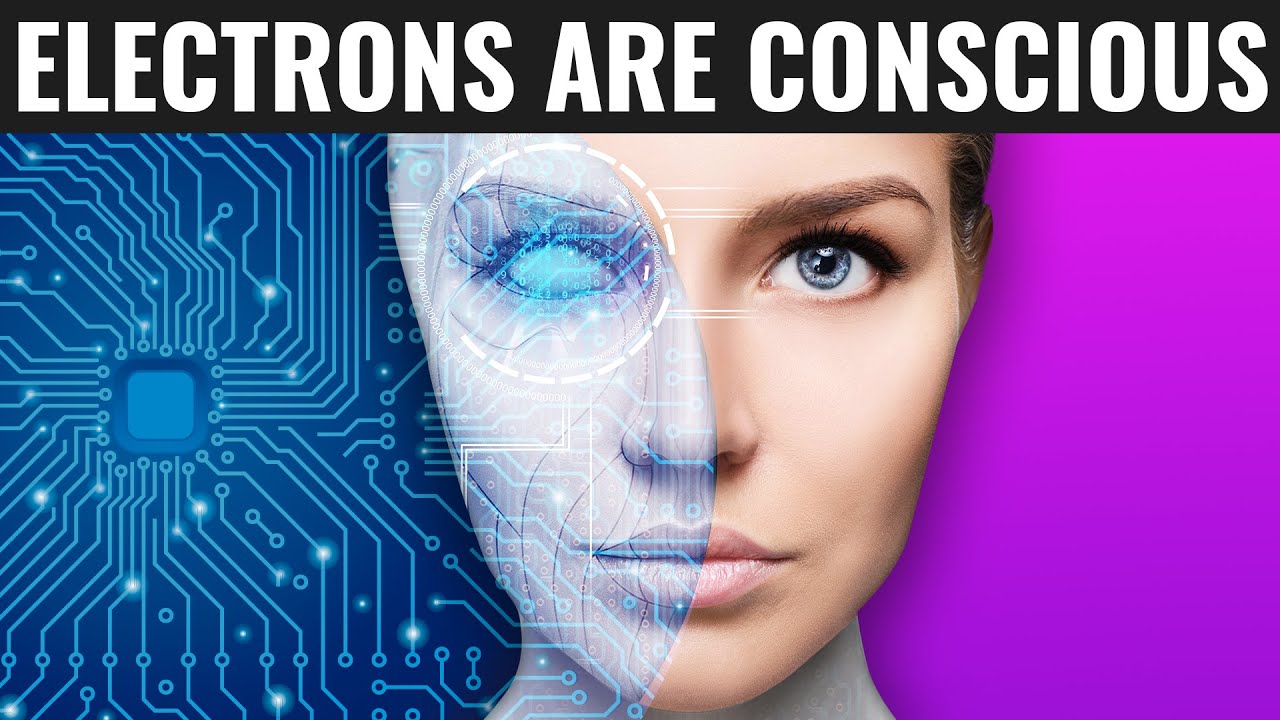Philip Goff is author of Galileo’s Error: Foundations for a New Science of Consciousness in which he argues that consciousness is not confined to biological entities but is a fundamental feature of all physical matter—from subatomic particles to the human brain, and that consequently trying to separate consciousness from the domain of science is a barrier to understanding it as a fundamental component of the universe we inhabit.
Though I haven’t yet had time to view the video, I can say that the notion that consciousness inheres in all matter was posited in the 1950’s (maybe earlier by others, but it was new to me when I read it in the 60’s) by a French Roman Catholic priest, Teilhard de Chardin in “The Phenomenon of Man”. It posited that consciousness was in all things and became concentrated as matter became arranged in more complex structures, including living ones, through the process of “complexification”. It was a stunning hypothesis at the time and still worth the read. He had written it earlier, but the work was silenced by the church. It was finally published posthumously.
Philip Goff points out that some form of panpsychism dates as far back as Thales of Miletus and Plato, and as recently as the 19th century was the most common theory of mind (to the extent people thought about such a thing). It was only in the 20th century that logical positivism, which holds that only observables are real, and the failure of neuroscientists to find a “consciousness organ” in the brain caused it to fall out of favour.
Note that panpsychism is different than emergence theory (another popular current theory of mind) in that it argues that components have their own, more limited, consciousness and add up as they are aggregated, while emergence contends that consciousness (like turbulence in fluids) is something that “just happens” when you assemble a sufficient number of non-conscious components in a suitable way.
